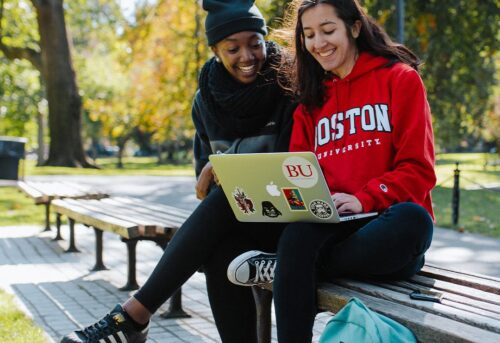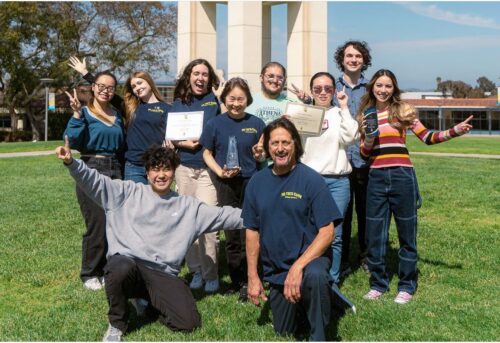I’m not a person to ask for help from others. My mom says that, even as a small child, I often rejected her attempts to help me tie my own shoes or reach something in a tall kitchen cabinet. But when Hurricane Katrina punched a 45-foot sailboat and 12 feet of water in my house, things changed. It was the first time in my life that I couldn’t do it on my own. Recovery from Hurricane Katrina taught me that sometimes you have to let other people tie your shoes.
Over the 1.5 years of rebuilding my home, help came in many forms. Here are some of the most significant ways I think our PTK chapters can help others recover:
- Cleaning up. I was so fortunate to have students just like you from East Central Community College’s PTK and PBL chapters show up at my house to help clean up the damage caused by Hurricane Katrina. You think building a house is tough? Try removing things nailed to walls that are no longer standing. I will always remember their spirit of service and the help they offered me and many others. They even found my parent’s wedding ring — in the debris in my backyard. It was a tough time that required a lot of help, but cleaning up was an important first step in the recovery process.
- A meal. You know how going out to eat is more expensive than eating at home? Imagine not having access to your home or kitchen — or even to electricity for an extended period of time. Gift cards and food are an amazing way to meet a basic need during a really difficult time.
- Supplies. Never underestimate the power of bleach. Supplies like work gloves, masks, trash bags, and towels are critical and come at a high price. Gift cards to Wal-Mart or home improvement stores are invaluable and can provide volunteers and homeowners the resources necessary to recover and rebuild.
- Skilled Labor. When it came to actually putting my windows back in, and working on things like electrical and plumbing, I needed expert help. I was so fortunate to be adopted by the Arkansas State University Beebe, who sent two carpenters to spend the week with me. By the time they left, I finally felt like I things were going to be ok — for the first time.
And for those of you going through this — there will be a time after this, and it will be a better one. I even used my Katrina recovery experience as an answer to an interview question to become your president and CEO. These experiences are just part of life, and they make you stronger. #PTKLove #PTKService
Dr. Lynn Tincher-Ladner is president and CEO of Phi Theta Kappa Honor Society. If you would like to reach Lynn, please contact her executive assistant, Heather Boyte, at heather.boyte@ptk.org.




